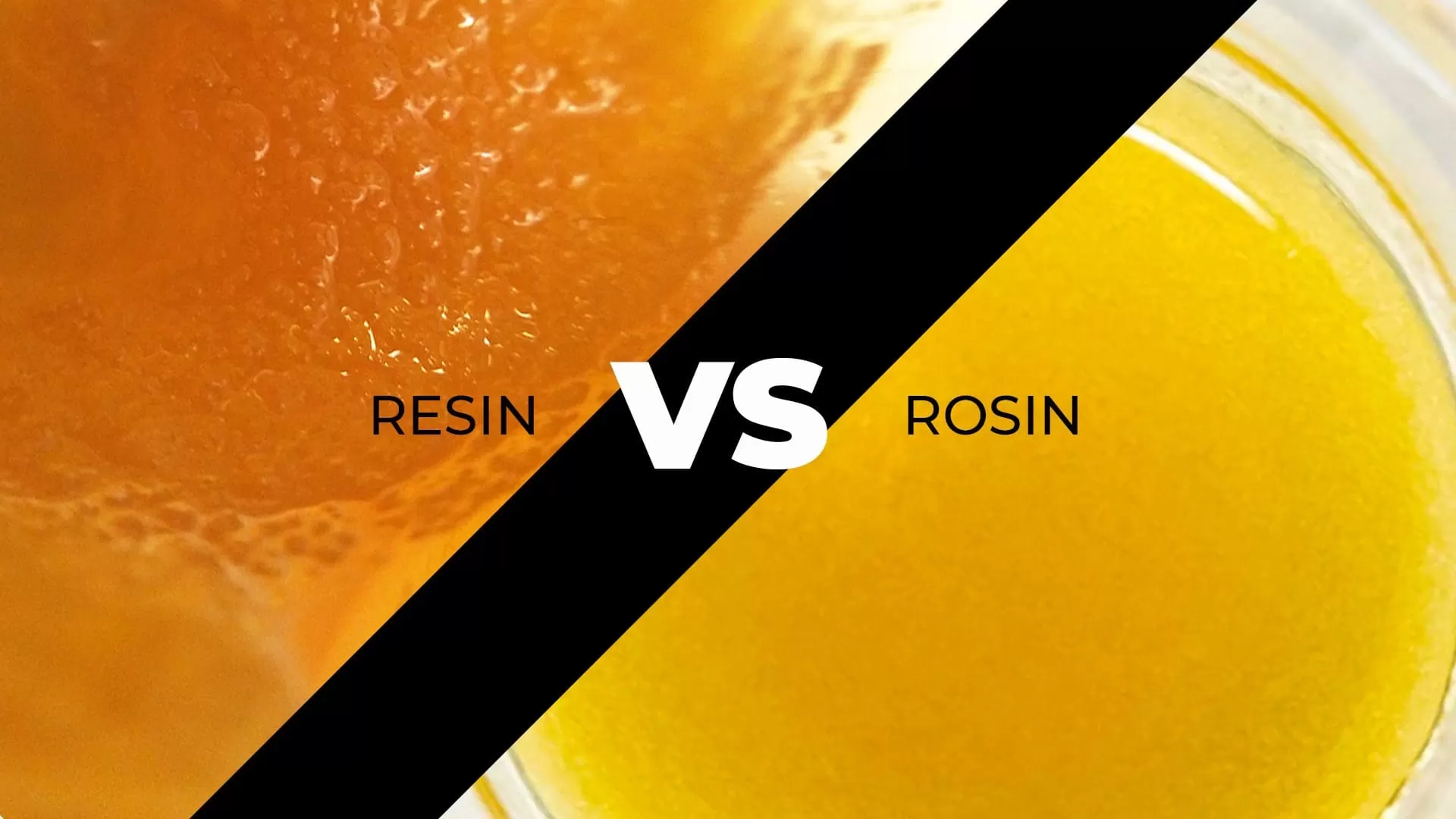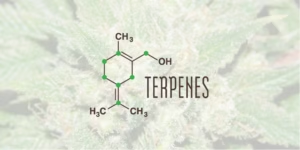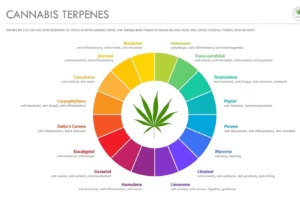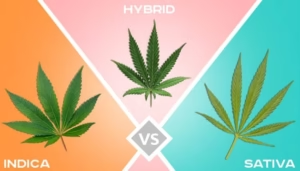The world of cannabis concentrates offers a diverse array of products, each with unique characteristics and extraction methods. Among the most discussed are rosin and resin, two concentrates that often cause confusion due to their similar names but represent fundamentally different production approaches and consumer experiences. Understanding the distinction between these concentrates is essential for making informed decisions about which products best align with your preferences and requirements.
This comprehensive guide examines the key differences between rosin and resin concentrates, exploring their production methods, chemical compositions, potency levels, and overall user experiences to help you determine which option might be most suitable for your needs.
Understanding Cannabis Concentrates
Cannabis concentrates represent purified forms of the plant’s most desirable compounds, including cannabinoids and terpenes. These products typically offer significantly higher potency levels than traditional flower products, often reaching THC concentrations of 60-90% or higher. The concentrate market has expanded dramatically in recent years, offering consumers various options with distinct characteristics and consumption experiences.
Within this diverse market, rosin and resin have emerged as popular choices, though they differ substantially in their production methodologies and final compositions. Understanding these differences requires examining each concentrate type individually before comparing their relative attributes.
What is Cannabis Resin?
The term “resin” in cannabis contexts requires careful distinction. In its broadest sense, resin refers to the sticky trichomes that naturally appear on cannabis flowers the microscopic structures that produce and contain the plant’s cannabinoids and terpenes. However, in concentrate terminology, “resin” typically refers to extracts produced using chemical solvents.
Production Process
Resin concentrates are created through chemical extraction processes that use solvents such as butane, propane, or CO2 to separate desirable compounds from plant material. The process typically involves:
- Passing solvents through cannabis material to dissolve trichomes
- Evaporating the solvents from the resulting mixture
- Purifying the remaining concentrate through additional processing steps
This category includes various popular products such as live resin, shatter, wax, and budder, each with slightly different consistencies and properties but sharing the common characteristic of solvent-based extraction.
Characteristics and Properties
Resin concentrates typically demonstrate several distinctive characteristics:
- High potency levels, often exceeding 80% THC content
- Versatile consistency options ranging from glass-like shatter to creamy budder
- Broad availability and generally competitive pricing
- Potential for residual solvents if not properly purged during production
These concentrates represent some of the most widely available products in the concentrates category, offering consumers various options at multiple price points.
What is Cannabis Rosin?
Rosin represents a different approach to concentrate production, emphasizing solventless extraction methods that rely solely on heat and pressure rather than chemical solvents. This production methodology has gained significant popularity among consumers seeking concentrates without potential solvent residues.
Production Process
The rosin production process is remarkably straightforward compared to solvent-based methods:
- Cannabis flower or hash is placed between specialized parchment paper
- Heated plates apply substantial pressure to the material
- Heat and pressure cause trichomes to rupture and release their contents
- The resulting extract is collected for consumption
This process can be scaled from small personal use devices to industrial production equipment while maintaining the same fundamental principles of solventless extraction.
Characteristics and Properties
Rosin concentrates exhibit distinct properties that differentiate them from solvent-based products:
- Full-spectrum cannabinoid and terpene profiles due to gentle extraction
- No risk of solvent contamination or residues
- Generally higher terpene content and more pronounced flavors
- Typically higher price points due to production methods and material requirements
- Often considered a “premium” product within the concentrate market
Key Differences Between Rosin and Resin
Understanding the practical differences between these concentrate types requires examining several crucial factors that impact consumer experience and product selection.
Extraction Methods
The most fundamental distinction lies in their production methodologies. Rosin utilizes mechanical extraction through heat and pressure, while resin employs chemical solvents to separate compounds from plant material. This difference significantly influences the final product’s characteristics and potential applications.
Chemical Composition
Rosin typically contains a more comprehensive range of cannabis compounds, including a full spectrum of cannabinoids and terpenes that closely mirror the original plant profile. Resin products may have slightly altered chemical profiles due to solvent interactions and additional processing steps, though high-quality products maintain excellent compound preservation.
Flavor and Aroma Profiles
Many consumers report noticeable differences in flavor experiences between these concentrate types. Rosin often provides more robust and authentic flavor profiles that closely resemble the original cannabis strain. Resin products can offer excellent flavor quality, particularly live resin varieties, but may sometimes exhibit subtle differences due to processing methods.
Potency and Effects
Both concentrate types offer substantially higher potency than traditional cannabis flowers. Resin products typically achieve slightly higher THC percentages due to more extensive purification processes. However, many users find that rosin provides more nuanced effects due to its full-spectrum nature and preserved terpene profiles.
Safety Considerations
Rosin eliminates concerns about solvent residues since no chemicals are used in its production. Resin products from reputable manufacturers undergo rigorous testing to ensure solvent removal, but quality control remains an important consideration when selecting these products.
Price and Accessibility
Resin concentrates generally offer more accessible price points and wider availability due to more efficient production methods. Rosin typically commands premium prices reflecting its specialized production requirements and perceived quality advantages.
Comparative Analysis: Rosin vs. Resin
| Aspect | Rosin | Resin |
|---|---|---|
| Extraction Method | Solventless (heat and pressure) | Solvent-based (butane, CO2, etc.) |
| THC Potency | 60-80% | 70-90% |
| Terpene Preservation | Excellent | Varies (higher in live resin) |
| Production Cost | Higher | Lower |
| Equipment Needs | Rosin press | Closed-loop extraction system |
| Safety Considerations | No solvent concerns | Requires thorough purging |
| Flavor Profile | True-to-plant | Can be enhanced or altered |
| Texture | Buttery, sappy | Shatter, wax, budder, etc. |
| Price Point | Premium | More affordable |
Choosing Between Rosin and Resin
Selecting the appropriate concentrate type depends on several personal factors and preferences:
When to Choose Rosin
- Prioritizing solvent-free products and natural extraction methods
- Seeking authentic, robust flavor experiences
- Willing to pay premium prices for perceived quality advantages
- Preferring full-spectrum products with preserved terpene profiles
When to Choose Resin
- Seeking maximum potency and THC content
- Preferring more affordable concentrate options
- Desiring specific consistency types like shatter or crumble
- Valuing widespread availability and product variety
Consumption Methods
Both rosin and resin accommodate various consumption approaches, though some methods may be better suited to specific concentrate types:
Dabbing
Both concentrates work excellently in dab rigs, though consistency differences may affect handling. Softer rosins may require different tools than harder resin shatters.
Vaping
Many resin products are specifically designed for vape cartridges and disposable pens. Rosin can also be vaped but may require specific hardware designed for thicker concentrates.
Enhancing Flower Products
Both concentrate types can be added to flowers in joints, bowls, or blunts to increase potency and flavor.
Quality Considerations
Regardless of which concentrate type you choose, several factors indicate product quality:
Appearance
High-quality concentrates should appear clean and consistent without visible impurities or discoloration. Texture and consistency should match the product type’s expected characteristics.
Aroma
Quality concentrates emit robust, pleasant aromas indicative of proper terpene preservation. Avoid products with chemical, burnt, or otherwise unpleasant odors.
Lab Testing
Reputable products undergo third-party laboratory testing for potency, purity, and potential contaminants. Always review available test results when making purchase decisions.
Brand Reputation
Purchase from established, reputable brands and licensed dispensaries that prioritize quality control and consumer safety.
Conclusion
The choice between rosin and resin concentrates ultimately depends on individual preferences, priorities, and consumption habits. Rosin offers a solventless, full-spectrum experience that many consumers prefer for its natural production methods and robust flavor profiles. Resin provides excellent potency and value while offering diverse product options to suit various preferences and budgets.
Both concentrate types represent significant advancements in cannabis extraction technology, offering consumers potent, flavorful products that expand beyond traditional flower consumption. By understanding the differences between these products, you can make informed decisions that align with your specific needs and preferences.
For more information on cannabis concentrates and other products, explore our complete selection of cannabis products and visit our blog for additional educational resources.
Frequently Asked Questions (FAQ)
Q: Is rosin stronger than resin?
A: While resin often tests slightly higher in THC percentage, many users find rosin’s effects more comprehensive due to its full-spectrum nature. The difference in perceived strength often relates to the entourage effect from preserved terpenes and cannabinoids in rosin.
Q: Why does rosin typically cost more than resin?
A: Rosin production requires high-quality starting material and has lower yields than solvent-based extraction methods. The specialized equipment and labor-intensive process contribute to higher production costs that translate to consumer prices.
Q: Can I make rosin at home safely?
A: Yes, rosin can be produced safely at home using specialized presses or even hair straighteners for small batches. The process involves no dangerous chemicals, making it significantly safer than attempting solvent-based extractions at home.
Q: Are there any health risks with resin concentrates?
A: Professionally produced resin from licensed dispensaries undergoes rigorous testing to ensure solvent removal and product safety. The primary risks come from improperly produced products, highlighting the importance of purchasing from reputable sources.
Q: Which concentrate type is better for beginners?
A: Beginners might prefer starting with resin products due to their generally lower cost and wider availability. However, either type can be suitable when starting with small doses and gradually adjusting based on individual tolerance and preference.
Q: How should I store rosin and resin concentrates?
A: Both concentrate types should be stored in airtight containers in a cool, dark place to preserve potency and prevent degradation. Some consistency types may benefit from specific storage conditions, such as refrigeration for particularly unstable formulations.




